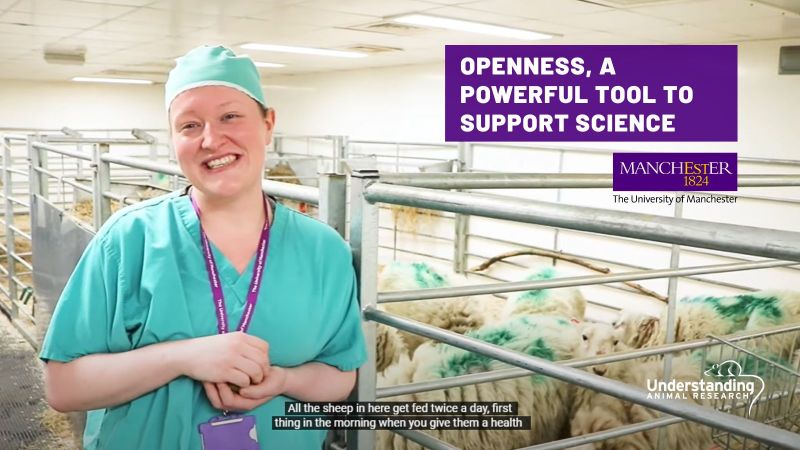Human health timeline: 2000s
Deep brain stimulation for Parkinson's Disease
The most widely used modern intravenous anaesthetic is thiopentone sodium. Effective doses of this barbiturate were established by researchers at the University of Wisconsin12, working with rats, rabbits and dogs.
Monoclonal antibodies for cancers
Tetanus vaccine allows your body to create antibodies against the tetanus toxin (tetanospasmin). This protects you from the illness if you are exposed to the Clostridium tetani bacterium in the future.
Cervical cancer vaccine
In 1888 Pierre Roux and Alexandre Yersin1 showed that the liquid in which the bacterium Corynebacterium diphtheriae had been grown caused diphtheria, by injecting it into guinea pigs, rabbits, dogs, cats and horses.
Clotting agent from milk
Blood clotting (coagulation) disturbs blood flow, and is essential to stop bleeding after a cut. But clotting in the wrong place can lead to deep vein thrombosis, pulmonary embolism, heart attacks and strokes. Anticoagulants are used to prevent or treat these.
Bird (Avian) flu vaccine
As of January 2012, the World Health Organization (WHO) has confirmed there have been 583 cases of H5N1 in humans. People who have had bird flu are thought to have developed the virus after coming into close or direct contact with infected birds.



